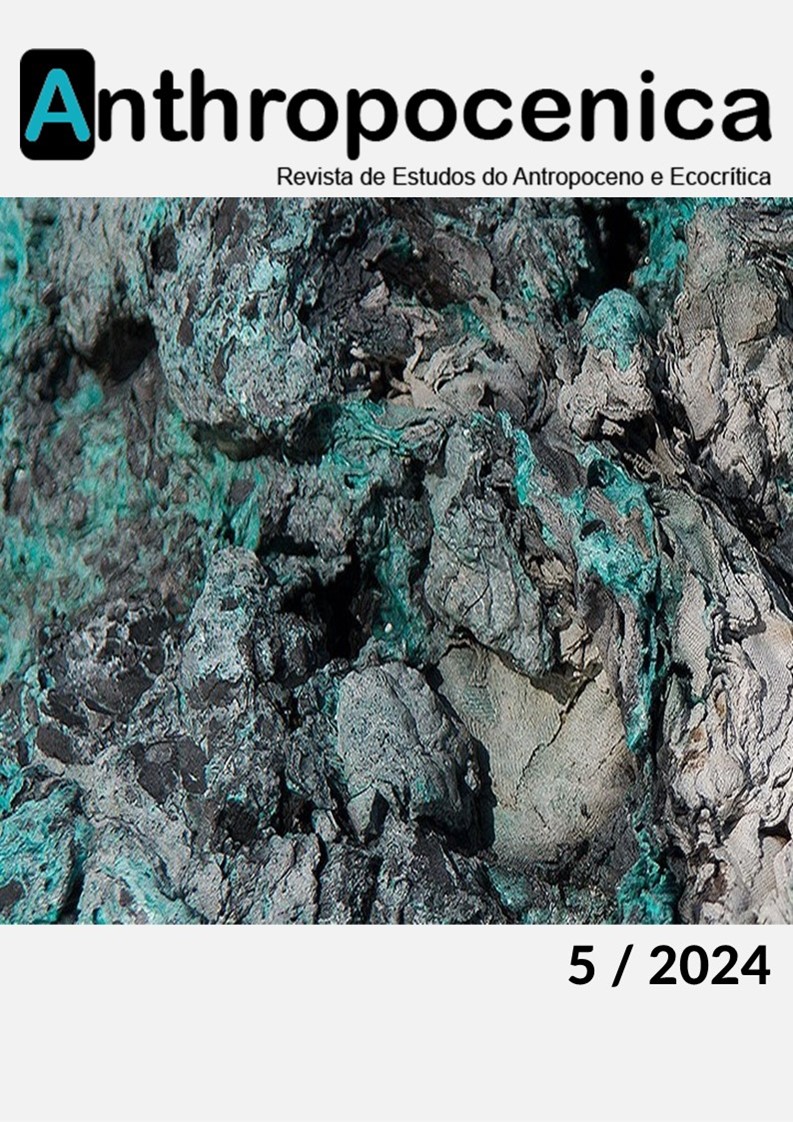Torga, o geófago insaciável
DOI:
https://doi.org/10.21814/anthropocenica.5873Keywords:
Torga; Telurism; Antaeus; Environment; Diary.Abstract
This article explores the intricate relationship between literature and the environment through the works of Miguel Torga. Drawing on the myth of Anteu, it illustrates how Torga finds renewal in his connection to the land, particularly in Trás-os-Montes. His poetry embodies a profound teluric sentiment, where nature is portrayed as a vital force nourishing humanity. Torga emphasizes the importance of environmental preservation, advocating for an ecocentric perspective that harmonizes culture and nature. Ultimately, his work serves as a compelling invitation to reflect on sustainability and the necessity of respecting the Earth.
Downloads
References
Glotfelty, C. & Fromm, H. (ed.). (1996). The Ecocriticism Reader. Landmarks in Literary Ecology. University of Georgia Press.
Rueckert, W. (1978). Literature and Ecology: An Experiment in Ecocriticism. In Iowa Review 9(1): 71-86.
Torga, M. (2001). Ensaios e Discursos. Publicações Dom Quixote.
Torga, M. (2000). Poesia Completa. Publicações Dom Quixote.
Torga, M. (1999). Diário (2 vol). Publicações Dom Quixote.




